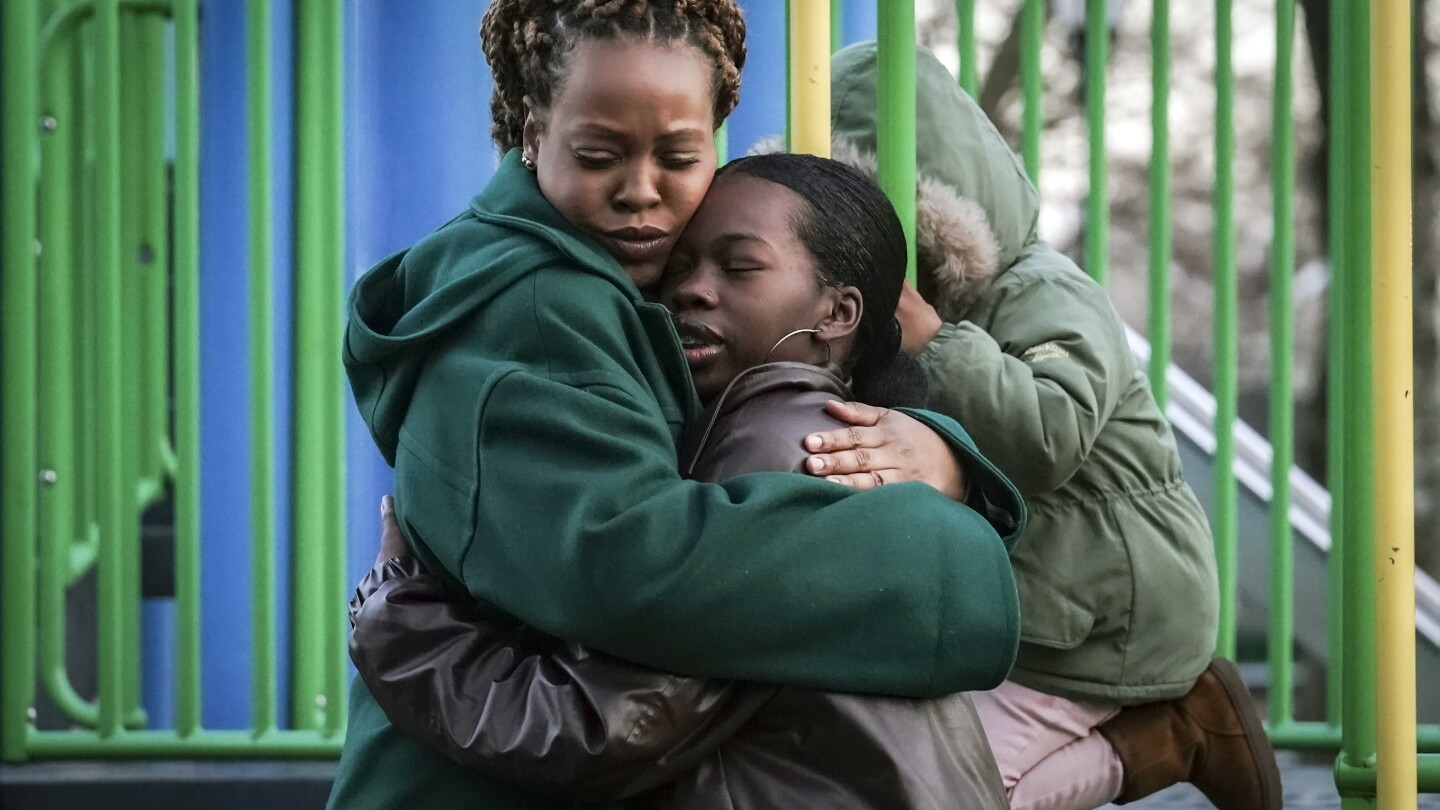Derry Oliver was in fifth grade when she first talked to her mom about seeing a therapist.
She was living in Georgia with her brother while her mom was in New York scoping out jobs and apartments ahead of moving the family. It was a rough year apart. Oliver, now 17, was feeling depressed. A school staffer raised the idea of a therapist.
Oliver’s mom, also named Derry Oliver, questioned the school’s assessment and didn’t give consent for therapy. “You’re so young,” the mom recalled thinking. “There’s nothing wrong with you. These are growing pains.”
The issue boiled over again during the COVID-19 pandemic when the younger Oliver, struggling with the isolation of remote learning, reached out to her Brooklyn high school for help. School-based mental health professionals like social workers can provide some counseling without parent permission. But in New York, referring a student to more intensive therapy almost always requires a parent’s agreement. In Oliver’s case, that led to more conflict.
…
As schools across the country respond to a youth mental health crisis accelerated by the pandemic, many are confronting the thorny legal, ethical, and practical challenges of getting parents on board with treatment. The issue has become politicized, with some states looking to streamline access as conservative politicians elsewhere propose further restrictions, accusing schools of trying to indoctrinate students and cut out parents.
Differing perspectives on mental health aren’t new for parents and kids, but more conflicts are emerging as young people get more comfortable talking openly about mental health and treatment becomes more readily available. Schools have invested pandemic relief money in hiring more mental health specialists as well as telehealth and online counseling to reach as many students as possible.



Thank you for being such a wonderful parent, listening to your daughter, and taking all of these proactive steps to help build her back up. I agree this is not therapy and it’s devastating to hear that the school thought this was appropriate. Placing her in group therapy with the offenders implies she was somehow responsible for being a victim. As a former child and daughter who struggled to be heard, especially at 13, I really appreciate you for hearing her now and doing something about it now. This makes such a difference.
I appreciate it, thank you, but I just feel lucky that we had the option to do something about it. The real problem is there are so many kids with parents who aren’t able to pull off what we are financially. Those are the ones I’m concerned about, especially now that schools think they can do therapy.
I got bullied quite a bit in school myself, and the school was not especially helpful, but at least my counselors never tried to make me sit down with the bullies and have everyone apologize to each other and talk it out. It’s worse now.
If my parents had done that for me it would have been amazing. Thank you for doing that for your daughter.
Yeah, me too unfortunately. Thanks.